The conference listened to reports and discussed 3 groups of contents including: Difficulties in decentralization of management, maintenance, and preservation of traffic infrastructure, technical infrastructure, public service groups (trees, lighting, drainage, parks, traffic, etc.); Investment scale of technical infrastructure works along the route with commune-level investors; Demarcation of the authority to appraise and approve planning of the People's Committee at the commune level; Situation of receiving and handling administrative procedures at the commune level from July 1, 2025 to present.
Many problems need to be resolved urgently
Previously, to implement the 2-level local government model, the City People's Committee agreed to transfer all public service management tasks from the district level to the Department of Construction from July 1, 2025 to December 31, 2025; at the same time, the Department of Finance was assigned to coordinate the implementation of settlement. The transfer process went smoothly, but revealed many problems.
Director of the Department of Construction Nguyen Phi Thuong reported on difficulties in decentralization of management, maintenance, repair, maintenance of traffic infrastructure, technical infrastructure, public service groups (trees, lighting, drainage, parks, traffic...). The report emphasized specific issues, with detailed data, mainly due to new administrative boundaries causing fragmentation of the area and lack of synchronization in management with a series of shortcomings in the fields of drainage, public lighting, green parks, and underground works for common use.
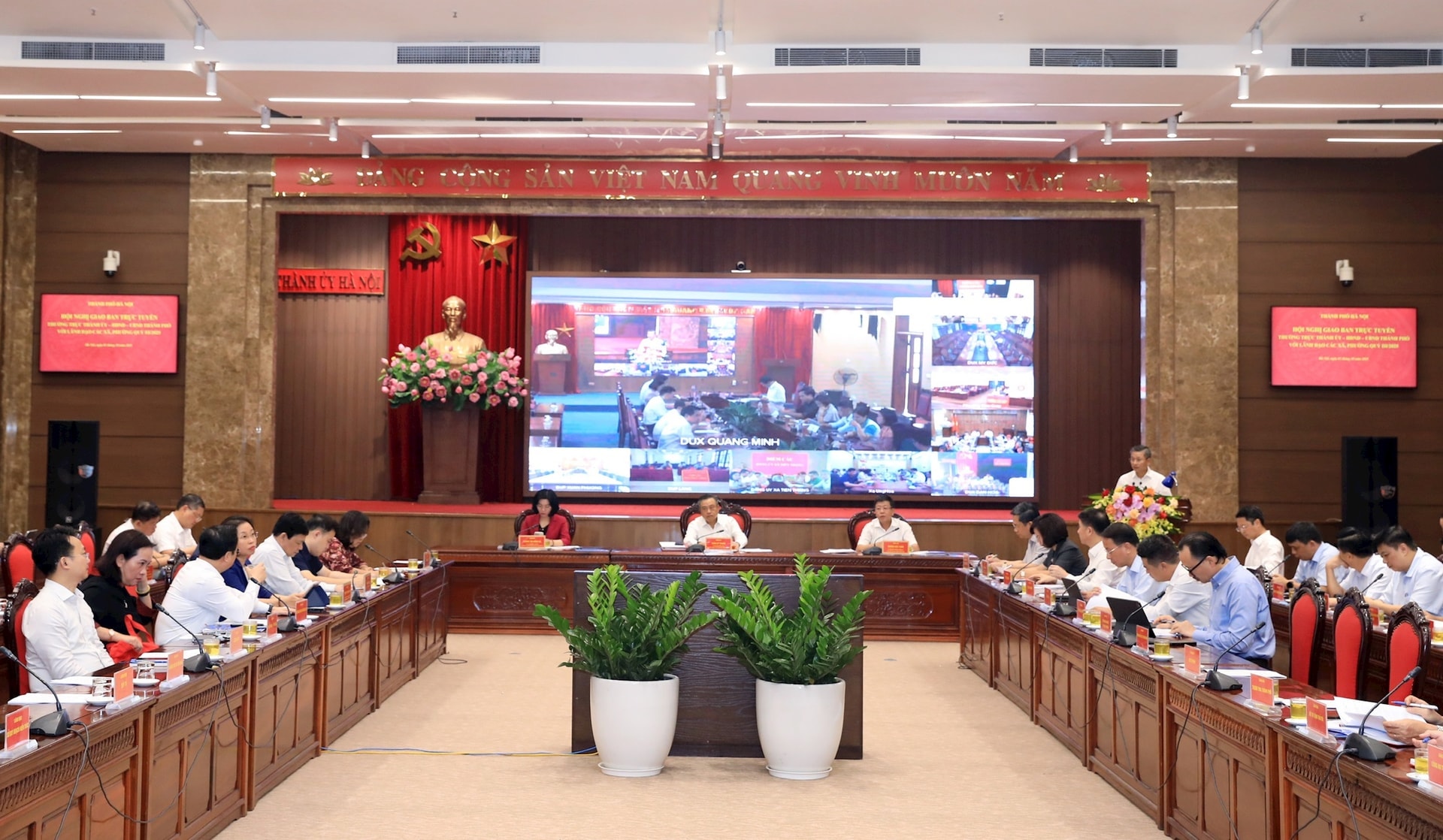
Notably, in the drainage sector, the Department of Construction has received 26 contracts worth VND801,885 billion, of which 8 contracts are extended after December 31, 2025, 11 contracts expire in 2025 and 7 old districts have not yet re-bid. The major difficulty is that the bidding package area is divided into new boundaries, the contracts are not consistent in price and specifications, leading to complicated supervision and acceptance. The part without a contract (expiring in 2024 and the responsibility of districts) is still maintained at a minimum but lacks a legal basis for payment. Preparation for new bidding is stalled due to the lack of clear decentralization regulations.
Director of the Department of Finance Nguyen Xuan Luu reported on the scale of investment in technical infrastructure works along the route with communes as investors. Of the total 26,978 projects and tasks previously arranged by the district level, there are about 14,000 projects related to technical infrastructure works along the route (in the fields of traffic, lighting, water supply, drainage, irrigation, dykes, telecommunications, etc.), accounting for about 51.8% of the total number of projects. The City People's Council has issued resolutions on these projects, and the City People's Committee has issued decisions assigning the People's Committees at the commune level to be investors when implementing the 2-level local government model.
Director of the Department of Planning and Architecture Nguyen Trong Ky Anh reported on the division of authority to appraise and approve planning of the People's Committees at the commune level according to newly issued laws and decrees; in which it was clearly stated that, with the new legal system, the People's Committees at the commune level have sufficient basis to proactively establish, appraise and approve planning in the area.
Specifically, the Commune People's Committee is assigned the responsibility of organizing the establishment and approval of a number of types of planning, including: General planning of the commune; detailed planning of urbanized residential areas, rural residential areas, commune centers; zoning planning, auctioned land; as well as social and technical infrastructure projects invested by the commune. The urban and infrastructure economic departments or the commune economic departments will appraise the cost estimates and planning documents before the Commune People's Committee approves.
The Department of Planning and Architecture has issued many guiding documents for commune level implementation, including the implementation of the adjusted Master Plan of the Capital until 2045, with a vision to 2065. Mr. Nguyen Trong Ky Anh requested that communes improve their personnel and internal processes to ensure the implementation of planning tasks in accordance with the law.
Operating the apparatus and handling administrative records still face many difficulties.
Reporting on the situation of receiving and handling administrative procedures at the commune level from July 1, 2025 to present, Director of the City Public Administration Service Center Cu Ngoc Trang said that the number of received records has increased steadily from the beginning of July until now. In the past 3 months, the Public Administration Service Points of Hanoi City have received a total of 531,269 records (an average of about 177,000 records per month, about 8,000 records per day). The workload is huge while human resources, facilities, and equipment in early July were extremely difficult. The Center recommends that the City People's Committee pay attention to allocating investment funds for facilities and equipment, and at the same time perfecting the model of a one-level City Public Administration Service Center.
Chairman of the City People's Committee Tran Sy Thanh said that in implementing the 2-level local government model, the Politburo , the Secretariat, the Government, and the National Assembly have closely and resolutely directed; the situation and results are assessed every week. The city also closely follows the situation and gives timely and close direction. According to the Chairman of the City People's Committee, the consistent viewpoint of the City Party Committee and the City People's Committee is to resolutely decentralize and delegate authority. Since 2023, the city has strongly implemented decentralization and delegation, is promoting it, and will continue to do so in the next term. When decentralizing, the city not only trusts but also creates favorable conditions in terms of organizational models and human resources so that decentralized and delegated units and localities can undertake their tasks.
The city's decentralization and authorization are also based on a very practical and flexible spirit, not rigid or mechanical, ensuring suitability with the capacity and implementation conditions of each unit and locality.
The Chairman of the City People's Committee requested the City Party Committee's Organizing Committee to coordinate with the Department of Home Affairs to develop and implement a plan to arrange cadres and civil servants; to train and develop a team to ensure adequate professional qualifications to meet job requirements. To overcome the difficulties and shortcomings discussed at the conference, Chairman of the Hanoi People's Committee Tran Sy Thanh requested that, along with the city's measures, wards and communes promote a proactive and positive spirit, increase information exchange, and coordinate with departments and branches to gradually remove difficulties and obstacles; especially clearly defining tasks in border areas, ensuring good implementation of decentralized and authorized tasks.
The Chairman of the City People's Committee also reminded wards and communes to proactively deploy preparation work according to the "4 on-site" motto to effectively prevent and combat storm No. 11 (Matmo), protecting people's safety.
Source: https://daibieunhandan.vn/ha-noi-thao-go-vuong-mac-ve-phan-cap-quan-ly-dau-tu-thu-tuc-hanh-chinh-10389005.html



![[Photo] Prime Minister Pham Minh Chinh chairs meeting to deploy overcoming consequences of storm No. 10](https://vphoto.vietnam.vn/thumb/1200x675/vietnam/resource/IMAGE/2025/10/3/544f420dcc844463898fcbef46247d16)



![[Photo] Students of Binh Minh Primary School enjoy the full moon festival, receiving the joys of childhood](https://vphoto.vietnam.vn/thumb/1200x675/vietnam/resource/IMAGE/2025/10/3/8cf8abef22fe4471be400a818912cb85)
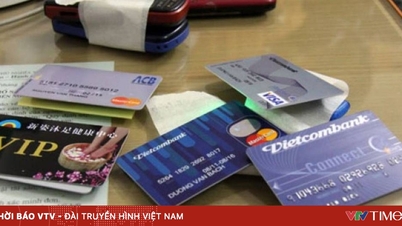

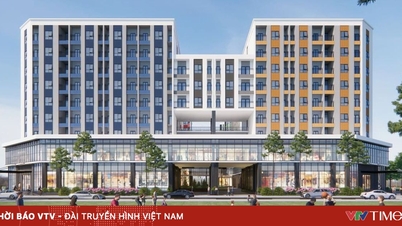



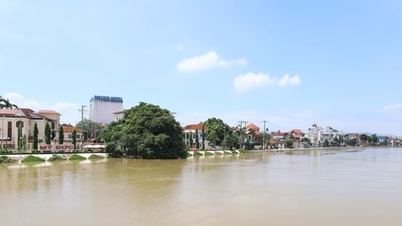



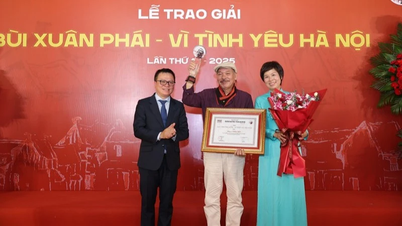

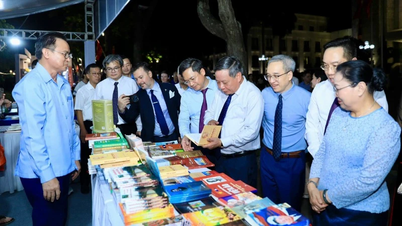


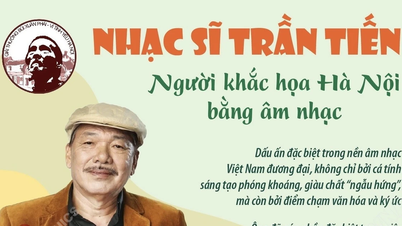








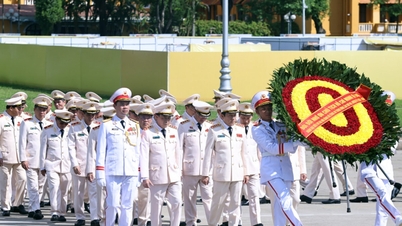
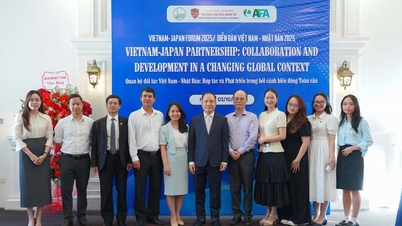

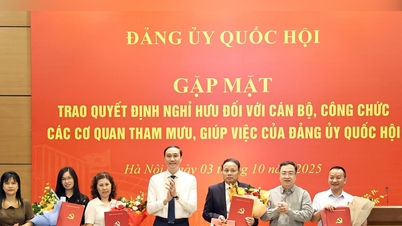
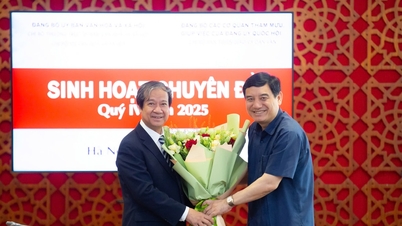
















































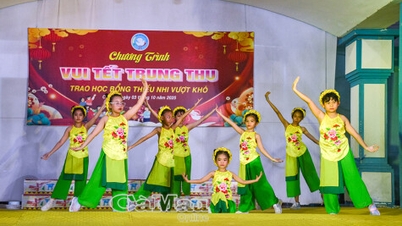

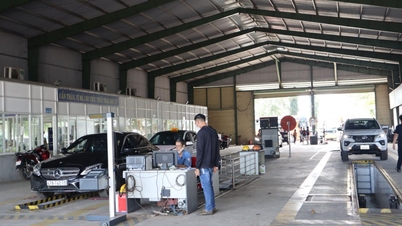

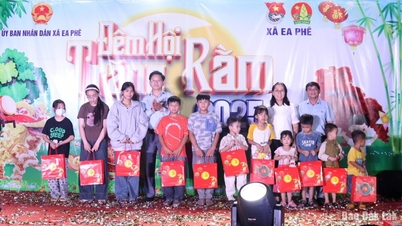
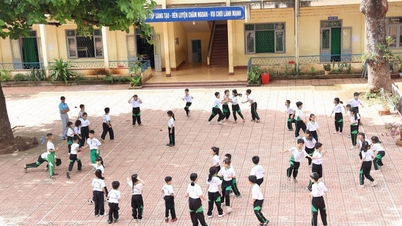
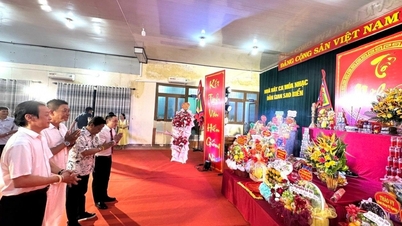












Comment (0)